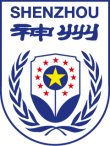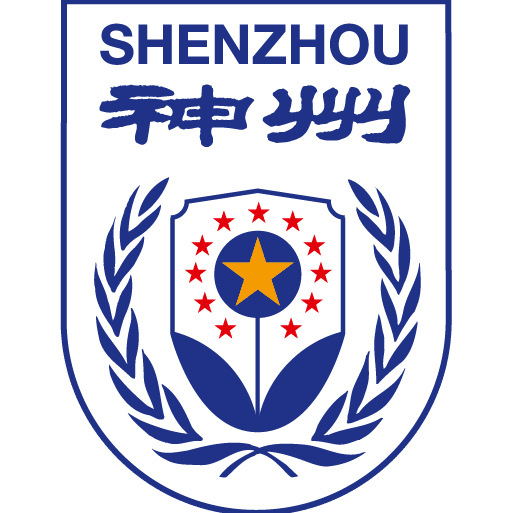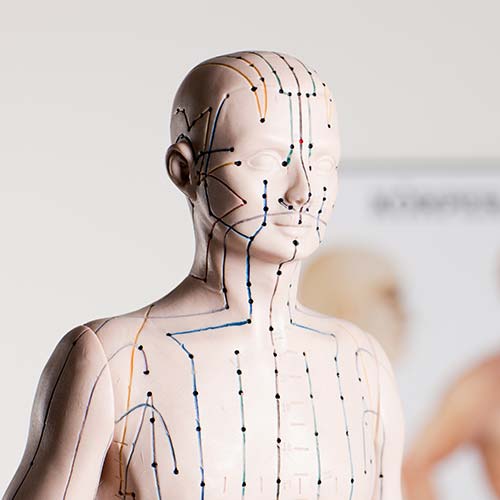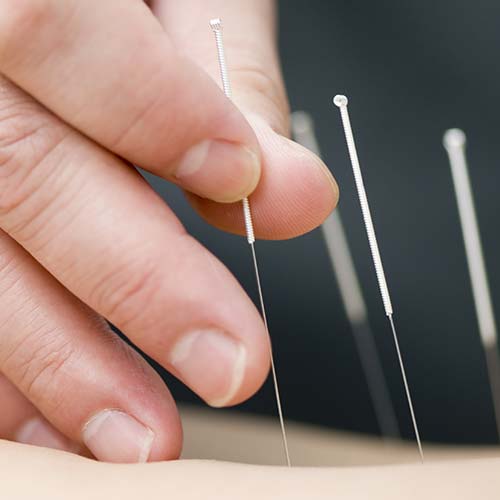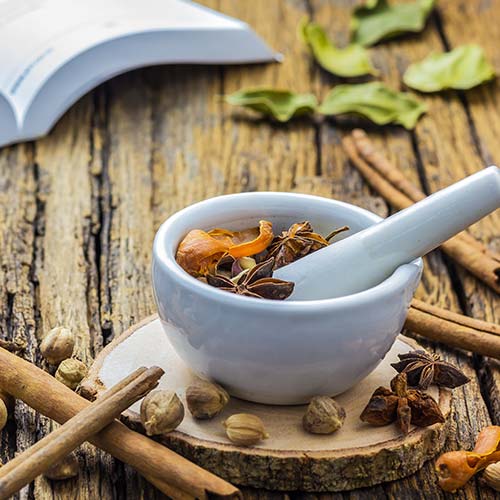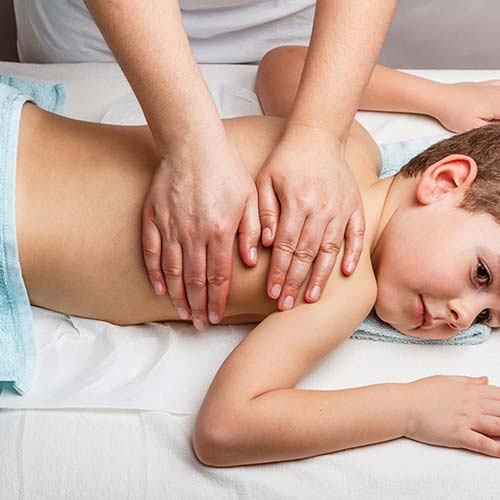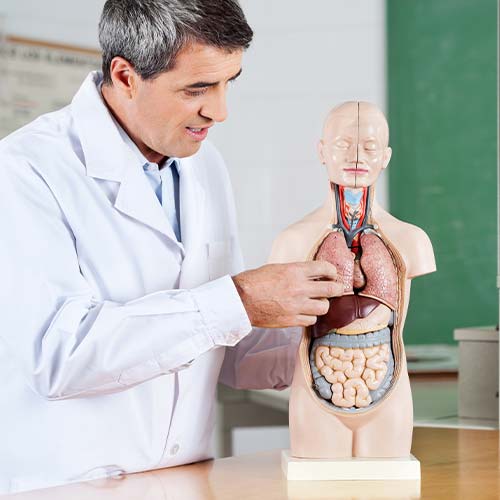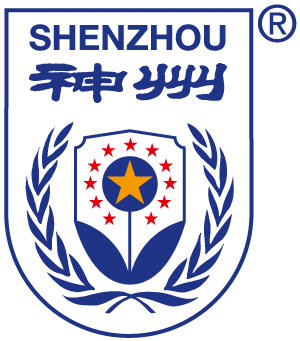Credits and Accreditation
How many EC’s does the programme have?
The training has 240 EC. One year of Foundations of Chinese Medicine, two years of Specialization (Acupuncture, Chinese Herbal Medicine or Tuina) and one year of Medical Basic Knowledge. A total of four years. A TCM study or study of Western Medicine can also be followed separately.
What accreditation does the programme have?
All our English and Dutch courses are accredited by SNRO. This means that our programs meet the educational requirements in accordance with HBO standards (higher vocational training). This means that you, as a future therapist, can become a member of a TCM professional association in the Netherlands and are exempt from the VAT obligation after completing the four-year course. On top of that many health care insurances will give partial refunds to your patient’s consultations if they have chosen a coverage for alternative medicine.
Do I get an official international acknowledged degree?
Educations for complementary medicine in the Netherlands are not recognised by the Dutch government. This means that we cannot issue Bachelor or Master degree diplomas.
Study load, schedules and teaching times
When do the courses start?
All courses start in September.
On what days do I have classes?
The lessons are on Saturdays and Sundays once a month for all TCM courses. The courses Basic Medical Knowledge take place on Fridays and Saturdays (and one Sunday).
How often do I have classes?
On average one weekend per month.
Can I take two study years at the same time?
There are possibilities to combine study years. For example, you can combine the study Western Medicine with Foundations of Chinese Medicine, or Acupuncture-1. We do recommend doing the Western Medicine study before you start Acupuncture-2 in which the syndromes are treated. You will benefit greatly from the knowledge you have gained in the Western Medicine course. It is NOT possible to follow two different years of a TCM study at the same time, because the knowledge and skills are built up systematically.
How much do I have to study at home?
We count 5 times the number of contact hours for self-study load. This means an average of 70 hours per month, or 17.5 hours per week.
How long does a study day last?
The TCM lessons last from 10:00 to 17:00, with one hour of lunch break and two short coffee and tea breaks. The courses Basic Western Medicine start at 9:30 and end at 17:15.
Study requirements
How many classes can I miss?
There is an attendance requirement of 80%. That means you could miss 20% of the lectures (2 full weekends). If you exceed this limit, you can only take the exam next year. In some cases – with sufficient study motivation – an additional assignment may offer compensation.
What else is expected from me besides the contact hours?
Besides the contact hours you also take part in study groups and internships. There are two types of study groups: Practice and Theory study group. In the Practice study group, the emphasis is on practical training and / or case discussions, in the Theory study group you study literature together and discuss it with each other. Reports are written for both groups.
You can follow part of the internships in our own clinic. We also have a list of approved external supervisors in the Netherlands and abroad, where you can do your internships. The total number of apprenticeship hours for a TCM course is 300 hours (spread over three years).
Of course you also have to do self-study, preparation of exams and during the last TCM year write a thesis.
Building, classes
Where do the lessons take place?
We have our own building in the Chinese neighbourhood of Amsterdam at Geldersekade 67. We have 5 classrooms; all lessons take place there.
How big are the classes?
The number of students in a class differs and depends partly on the chosen course. The Foundations of Chinese Medicine courses are up to 36 students. In the following years they split into Acupuncture, Chinese Herbal Medicine and Tuina. These groups contain between 15 and 30 students.
Costs
What does an academic year cost?
The tuition fee in 2024-2025 is € 2200,- per study year. A one-time registration fee of € 95 (not refundable)- applies to new students. After payment of the registration fee, the procedure of registration will be continued.
How much do the books cost?
That varies per year. At the start of the training you pay about € 300 for the recommended books, in the following years it will be less, because you will continue to use certain basic books. A compulsory reader is used in the Medical Basic Knowledge courses. This costs about € 100, –
Are there any other costs?
Optional Practical Days: you practice together in smaller groups under supervision of a teacher. These days are not mandatory. The costs of participating in an extra practical day are €15.
Admission and registration
What are the admission requirements?
- A HAVO or MBO-4 diploma
- Anyone who has successfully completed a foreign high school education at least HAVO or MBO-4 level and has sufficient proficiency in the Dutch or English language.
How do I sign up?
Registration is done via the website. Fill in the form, provide it with the requested attachments (portrait photo and copies of diplomas) and send it in. We will then contact you soon.
Can I apply for a visa based on my registration?
Shenzhou Open University of TCM is an ‘open’ University, which is not the same as a governmentally recognised University. This means that based on a registration at our education, you are not eligible for a visa.
Explanation of terms
What does TCM mean?
TCM is the abbreviation of Traditional Chinese Medicine which comprises Acupuncture, Chinese Herbal Medicine, Chinese Tuina-therapy and Medical Qigong.
What is Acupuncture?
Acupuncture is an old Chinese method for healing embedded in the philosophy of TCM. Inserting fine needles at precisely defined points of the body restores the harmony of Qi, the energy of the body and of life itself. Acupuncture aims to restore the balance between Yin and Yang within the body. This requires the free flow of Qi. If the Qi mechanism is disturbed, this will result in disease. According to this tradition, specific lines can be defined on the surface of the body, called meridians. Meridians are energy paths that have a close relationship with the body organs, which are also divided into Yin and Yang. The acupuncture points are located at the meridians. Each acupuncture point has a special interrelationship with a specific organ system. When an acupuncture point is stimulated by inserting a needle, energy is added or withdrawn. This restores the flow of the blocked Qi energy.
What is Chinese Herbal Medicine?
Chinese Herbal Medicine developed over thousands of years. The use of plants as medicinal substance began after discovering that some plants were edible and others brought relief in certain cases of illness. The text on medicine the “Yellow Emperors Inner Classic” originated 2000 years ago. In this book early medical experiences were summarized. The use of plants as a medicinal substance developed more and more, and several books on herbs and the composition of formulae appeared. Many of those formulae are still used today, the so called “Classical Formulae”. Chinese herbal medicine is still developing, resulting in the “Modern Formulae”. Besides new formulae also new forms of taking the herbal medicine were created. Originally the herbal formula was decocted and, as a tea, consumed over the day. Nowadays there are decoctions, pills, tablets, powders, pastes, herbal extracts soaked in alcohol, and even infusions on the market.
What is Chinese Tuina-therapy?
Chinese Tuina-therapy is based on the same philosophy as Acupuncture and Herbal Medicine. It all has to do with the free flow of Qi in the body. This can be done in several ways. The Tuina-therapy knows a variety of manipulations to unblock the blocked Qi and to restore the harmony of the Qi. Rubbing or patting along the meridians stimulates the flow of Qi in the meridians. Also, manipulation of the joints and manipulation on certain acupuncture points such as pressing, squeezing and nipping are performed. Actually, the name Tui means pushing and Na means grasping, so pushing and grasping in other words Tuina massage. The Tuina-therapy, however, comprises also cupping and moxibustion.
What is Medical Qigong?
Medical Qigong is one of the gems in the treasure-house of China’s cultural heritage and is considered as one of the therapeutic methods of TCM both in China and some other countries. As a component part of Traditional Chinese Medicine it comprises of medical keep-fit activity and has a history of several thousand years in China. Qigong as an art of self-training both body, mind and respiration as well as sending external Qi has the functions of preventing and curing diseases, protecting and strengthening health and prolonging life. Medical qigong has been popular and recommended in China and worldwide for decades. Numerous clinical and laboratory studies show its effectiveness on the neuromuscular system, respiratory system, digestive system, cardiovascular system, metabolism and endocrine system as well as immune system etc.
